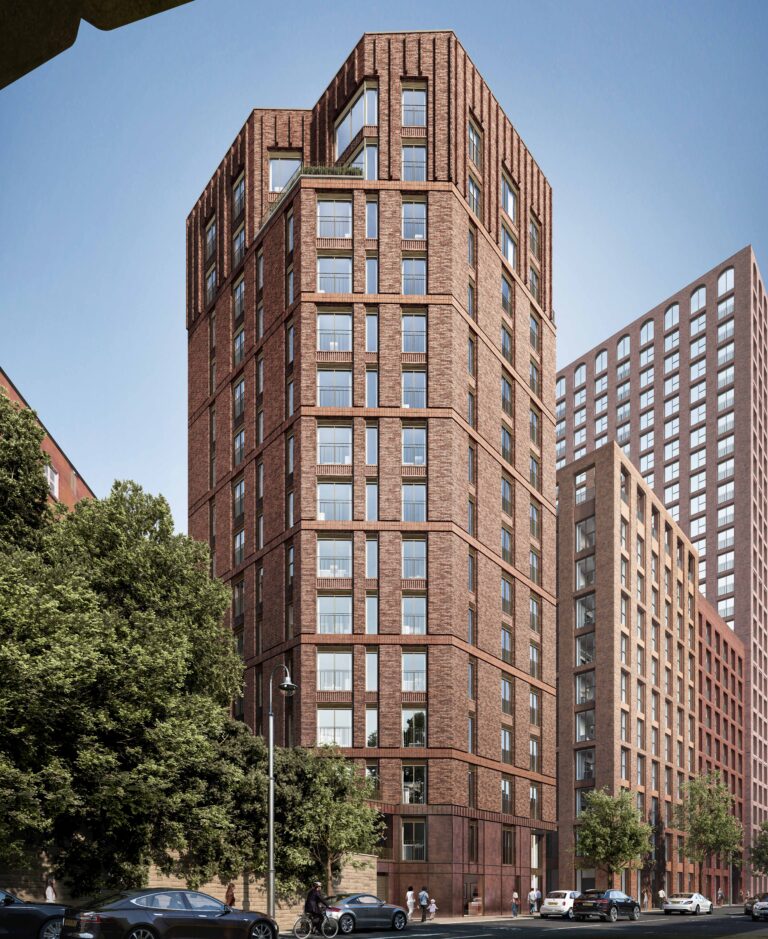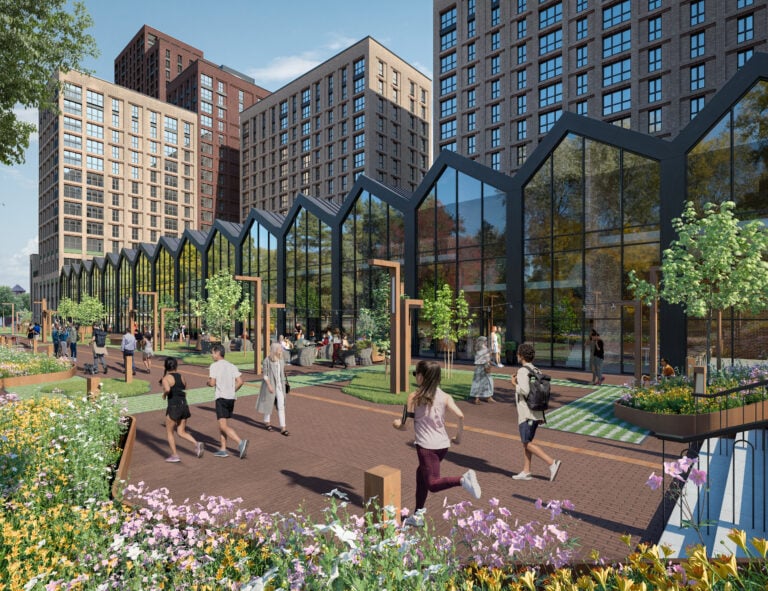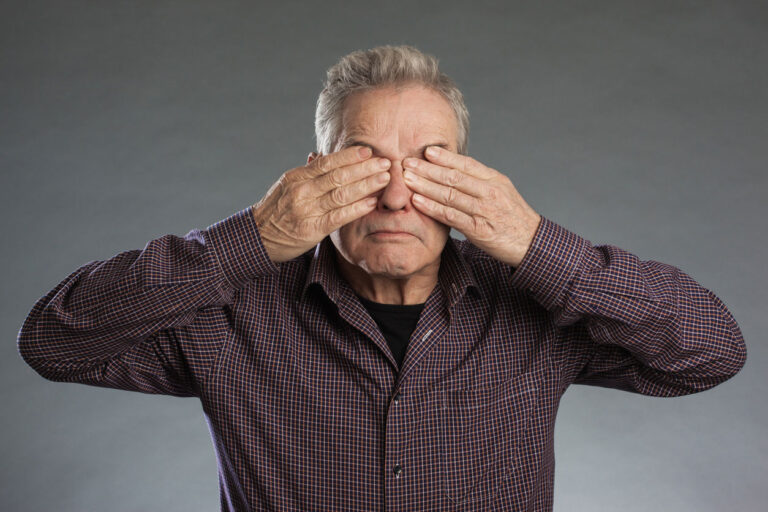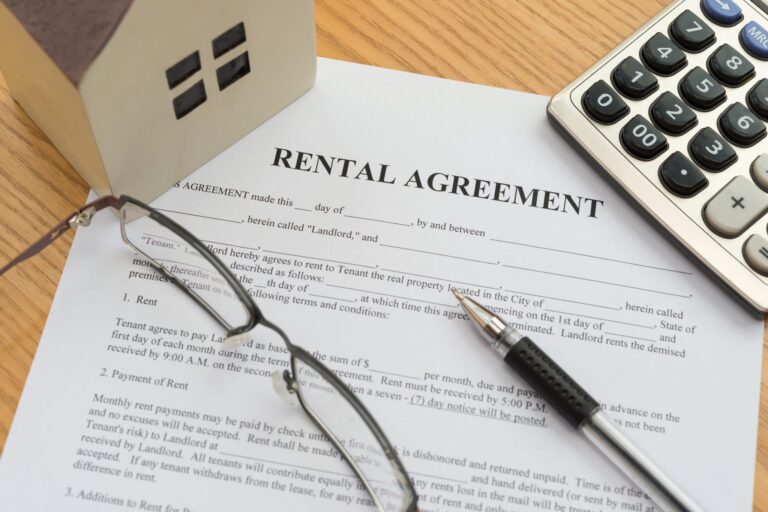UK property analyst Kate Faulkner OBE shares her insights on how US President Donald Trump’s tariffs could affect the UK property market.
It’s been a roller coaster ride of reporting over the last few weeks since Trump announced he was going to increase tariffs on goods into America from 10% through to Vietnam at 46%.
The tariffs didn’t seem to have huge amounts of logic behind them, with Russia not being targeted whereas Taiwan, a supposed ally of America, was treated to 32% tariffs. After many announcements since, most countries are getting a 10% tariff for 90 days, while America negotiates with them. In the meantime, China and America are now essentially at war from a trade perspective, with China adding 125% to US goods and America now adding 145% to Chinese goods.
The uncertain but promising outlook
Predicting the precise impact of such global moves on the UK property market is challenging, especially given the unpredictable nature of both the tariffs and international responses. However, a few property analysts believe the effect could, paradoxically, be beneficial for housing.
If tariffs contribute to a slowdown in the global economy, inflationary pressures could ease. In that scenario, the Bank of England might lower base rates at its upcoming MPC meeting. Prior to these developments, a rate cut wasn’t guaranteed.
Lower interest rates typically lead to:
● Reduced mortgage costs
● Increased buyer affordability
● Higher investor activity due to improved deal viability
Should these conditions materialise, the result could be renewed demand across certain regions—particularly where supply is limited.
So in theory, the tariff war that Trump has created could have a positive impact on the property market.
However, in reality, it’s not quite as simple as that, partly because confidence plays a big part in the success of the property market. Unfortunately, that’s the one thing the American tariff war has shown us—American policies are now extremely uncertain, and this could make people more cautious, especially when it comes to the biggest purchase of their lives.
My thoughts are that what’s happening currently could be good news for the UK’s economy. Having had issues with Europe since Brexit, a better working relationship has been established to support Ukraine and hopefully we can now improve our economic relationship not just with Europe but with other countries too. All this could be good news for the property market, especially if we can see base rates fall to 4% or less.
The UK view
Checking the government’s thoughts, this is a summary of the latest paper from the House of Lords Library:
Economic considerations: Tariffs generally lead to higher prices and reduced competition, potentially harming economic activity. However, some argue that they can protect domestic industries. For the UK, the tariffs could negatively affect exports and economic performance, though the relatively lower rate compared to other countries might offer a slight advantage.
Trade dynamics: The US is a significant trading partner for the UK, and changes in US trade policy can have substantial effects on UK trade balances and economic health.
In summary, while the UK’s exposure to Trump’s new US tariffs is somewhat mitigated by a lower tariff rate compared to other nations, the measures still present economic challenges. The situation underscores the complexities of international trade relations and the potential repercussions of protectionist policies.
Trump’s tariffs: views from the property market
And as that doesn’t give many clues to the impact on the property market, here’s a round-up of some of our best UK experts on how tariffs will affect the sector:
Richard Donnell, executive director at Zoopla, said: “We are now into the Easter holiday slowdown and some post stamp duty softening in London and higher value markets. The turmoil in stock markets and uncertainty driven by the news headlines will likely re-enforce the holiday slowdown in the short term.
“Looking a little further ahead talk of base rate cuts and easing of mortgage regulations will support buyer demand and buying power but with a high stock of homes for sale price inflation will remain subdued.
“Longer term, while the UK economy is less directly exposed to trade tariffs the UK is part of the wider global economy. Weaker economic growth and some increase in unemployment can be managed without adversely impacting the housing market which is far from running hot or supported by riskier lending.
“Most house price indices will slow over the rest of the year as the strong recovery in sales market momentum that starts a year ago, and the recent stamp duty surge, fall out of the monthly and quarterly numbers.
“The market needs modest levels of price inflation to support sellers listing homes and encouraging buyers to make offers. We will have to see how the market develops in the coming weeks.”
Lucian Cook, head of UK residential research at Savills, said: “We continue to expect interest rates to fall over the summer and mortgage markets to become more competitive. That should mean an easing in underlying affordability, gradually bringing more buyers into the market and underpinning prices over the medium term.”
Ray Boulger, senior mortgage technical manager at John Charcol, said: “The Bond Market Trumps Trump: One thing that Trump and Liz Truss have in common is that it ultimately took the Bond markets to curtail their extreme policies, demonstrating not only its ultimate power but also that even when subservient politicians do not have a backbone there is a fallback check and balance within the capitalist system.
“No doubt some highly leveraged hedge funds have been either having fun or getting their fingers burnt in the bond (and other) markets, and many margin calls will no doubt have been triggered, but as China has a substantial holding in US Treasuries it would not be surprising if China outwitted Trump by unloading a large tranche of its holding in US Treasuries!
“It is worth noting that although [on 10th April] early trades the US equity markets have only given up a relatively small part of [their] recovery, the oil price has lost most of [its] bounce and is back close to post COVID lows, suggesting that the market still expects Trump’s actions to have a substantial impact on trade, despite his 90 day pause.”
So, hopefully Trump’s tariffs will be positive for the property market, but in the worst case, just hold demand back a little – and that can be positive too, if it means there might be some bargains to be had as we currently have the highest number of properties for sale for some years.
—–
Copyrighted by the National Landlord Investment Show
© 2025 National Landlord Investment Show. All rights reserved.










